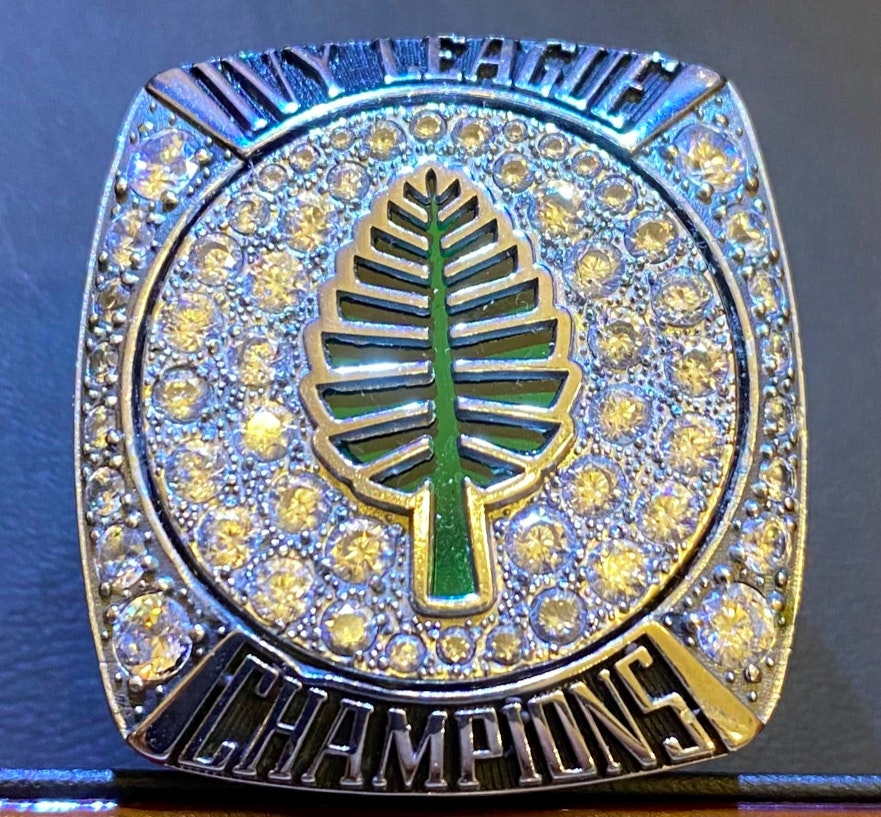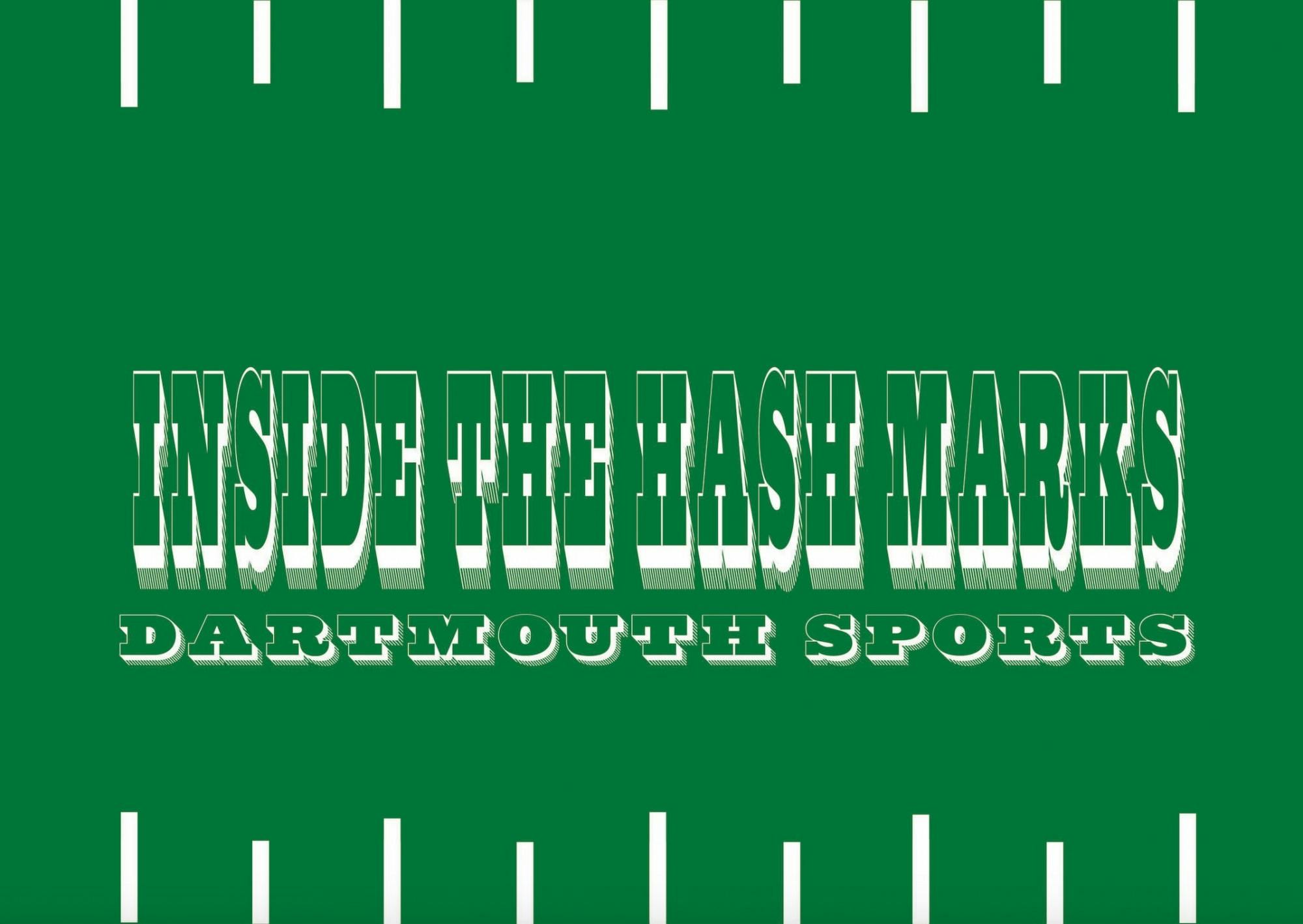It seems as if everything we do in life is a means to some sort of end. Individuals go to school to prepare for the real world — or sometimes to get into another school — or they get married to start a family, but the answer for why we care about sports may be more ambiguous to some. The answers we often hear are “you play to win” or “you play for the love of the game,” but as you get older, the potential answers change. At the college level, the answers are more along the lines of “you play to compete with the best of the best” or “you play to win championships.” As I’ve grown older, I cannot say I’m exactly sure where this change in the ends of our means happens, but I can confidently say that it does indeed happen.
As an athlete, I’ve won championships. Many of these happened in recreational or travel sports leagues during my middle school years, but I don’t think that matters too much. I remember throwing my glove into the chalk and dirt of the first base line as a 12 year old after closing out the rec-league baseball championship game. My cheeks hurt from the non-stop smiling; I was hugging teammates, friends and family for hours in a row. Oh, and the post-championship chicken wings at my favorite restaurant, Duffy’s, tasted extra delicious that night with the trophy sitting next to me. I have a few other moments like that from my childhood, and even as I near college graduation I still look back at them fondly. However, I’ve learned victory for a youthful, naive kid is missing something.
There is nothing wrong with playing “for the love of the game,” but what if there’s more on the line? What if there is more at stake? What if, somehow, winning a championship represents a microcosm of your achievements in life? Winning the 2021 Ivy League Football Championship helped me answer these questions.
Those who are familiar with sports have seen the rings that professional athletes receive after winning their sport’s championship. These things are huge! Today, some of them even have detachable components and lights — seriously, check out the Milwaukee Bucks’ rings from last year. But the significance, not the flash, is what matters. You don’t get a shining ring for winning a rec-league championship, because why would you? That’s what makes winning a championship at this level so special: You get to have a ring that you can wear around for the rest of your life. When we won back in 2019, I was very excited to receive our ring — but there was something missing. Although I was several levels above winning a rec-baseball championship, this time I was missing the child-like joy of playing the game. Don’t get me wrong, I loved my freshman season. And though I did not step onto the field for a single snap during a regular season game, I did my part to contribute to the team’s success. Nevertheless, I felt as if this ring was given to me rather than earned. Yes, I had to earn my way into this school and onto the team, but I missed the feeling I had yelling out “YES!” and throwing my glove into that first base dirt.

The 2021 Dartmouth Football Ivy League Championship ring, courtesy of Josh Greene.
The 2021 season was different. I played in every game. I got to run down the field with thousands of people watching at Memorial Field, and, hell, I even recorded my first collegiate tackle. Those moments pale in comparison, though, to the feeling I had when we won the championship. That feeling of accomplishment returned, and I think I felt it even more at our banquet at the beginning of the spring term than after we won on Brown University’s field in November. Watching the team’s highlights from all of our wins, seeing my friends succeed on the field and turning to look at their smiling faces was incredible. The moment when we finally received — no, earned — our rings was what still gets me emotional. I held the rectangular box that said “Greene” in my shaking hands. Opening the top, light coming from the box itself flashed, illuminating the glistening diamonds of the ring. It was magnificent. I put it on, and everything felt right. I remember the feeling of pride I had writing about when we beat Harvard last year. I was so proud to have reached that moment, but this one was even greater, even more profound.
I don’t know how many seasons of football I have left, but I know there are not many. However, experiencing the childhood joy that I felt nearly 10 years ago and accomplishment for reaching impressive heights is how I want to spend them. Even if we weren’t winning championships, I would still be extremely grateful for the position that I am in. But, winning with those who believe in me, those who trust me and those who love me is reason enough to play the game — and that is what this beautiful ring represents. I guess that’s where the difference lies. Or maybe it isn’t a difference at all. Combining the mature ideals of overcoming difficulties to win a championship at the Division One level with the youthful exuberance of playing a game with my friends is why this feels so good. There might not be a concise way to describe it — as evident by all of the words that you have already scrolled past on this page — but winning now is an amazing feeling. I know it’s a feeling that our team plans on sharing with each other again come November of this year.
Dartmouth long snapper Josh Greene ’23 will be sharing his experience playing for the Big Green, covering topics such as the team’s preparation following COVID-19, the academic-sport-life balance required of an athlete at an Ivy League school and other musings on his experience in Hanover. This installment reflects on the significance of Greene’s championship ring.




